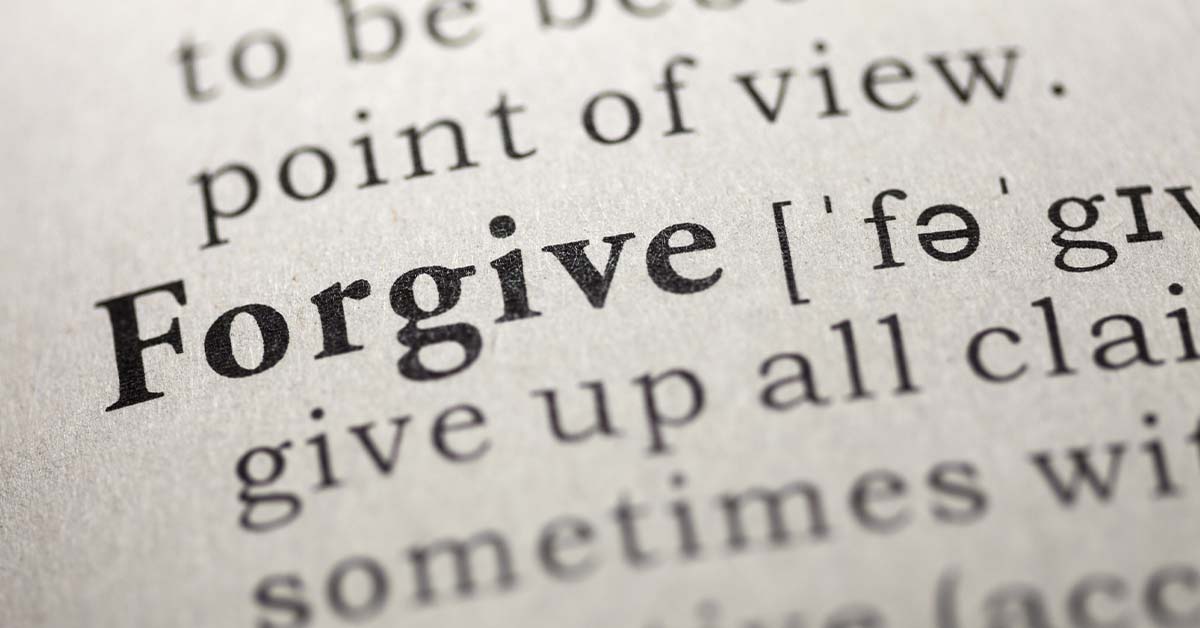“I bring spiritual ideas into the mainstream to make them relatable and applicable to everyone.”
Everyone benefits from tools and techniques that help us manage stress, navigate challenges, and create a life aligned with our values. In my work, I share practices rooted in spirituality and metaphysics—but not in a way that excludes or alienates. Whether you identify as religious, spiritual, nonspiritual, or somewhere in between, these spiritual concepts for better living can be adapted to support your personal growth and emotional well-being, no matter your belief system.
Why Spiritual Tools Matter in Everyday Life
The word “spiritual” can be a stumbling block for some. It often brings up assumptions like:
- “I’m not religious.”
- “I don’t believe in God.”
- “I’m not into organized religion.”
- “I don’t believe in ‘spirituality.'”
When I explain these concepts to clients, I often say, “I bring spiritual ideas into the mainstream to make them relatable and applicable to everyone.”
These tools are universal. Whether you view them through a religious, metaphysical, or secular perspective, their purpose remains consistent: to help you recognize limiting beliefs, shift negative patterns, and cultivate a more fulfilling, peaceful, and purposeful life.
Making Spiritual Concepts Accessible to All
The beauty of these practices lies in their ability to transcend language and belief systems. I use terms that resonate with me and my work, but you are encouraged to interpret them in your own context. Regardless of your beliefs, the tools themselves remain impactful. The goal is to understand yourself and your gifts better, and then use them to serve others.
One Concept, Many Paths: How Prayer Improves Life
Take prayer, for example. It’s a powerful act of intention, reflection, and connection. Here’s how it can be interpreted across different belief systems:
- Religious: Christians may pray to God, Jesus, the Holy Spirit, Mother Mary, or saints for help and guidance.
- Spiritual or metaphysical: Prayer is a way to call in high-frequency energy—the Light, Source, or your Higher Self—to bring peace, healing, and clarity.
- Secular: You might send someone good thoughts, set intentions, or use the quantum field to shift energy in a situation.
Prayer is about asking for change, giving thanks, and anchoring into a higher perspective. Regardless of your framework, the benefits of prayer are available to you.

Using Meditation and Intuition to Improve Your Well-Being
Meditation is another universal tool:
- Religious: Listening for divine guidance.
- Spiritual: Connecting to your Higher Self or the spiritual realms.
- Secular: Calming the mind, improving focus, and reducing stress.
Struggling to meditate? Read about simple techniques to improve meditation.
Intuition is a built-in guidance system:
- Religious: Seen as the voice of the Holy Spirit.
- Spiritual: Messages from your Higher Self or spiritual guides.
- Secular: Gut feelings, instincts, or subconscious knowing.
Want to learn more about intuition? Read Tangible Intuition: Make Better Decisions! by Julie Farha
These practices are all ways to tune inward, gain clarity, and make aligned choices in your life.
Final Thoughts: Spiritual concepts for better living
Bringing spiritual concepts into your life can help you overcome challenges. You don’t have to subscribe to any particular label to benefit from these spiritual concepts. The tools remain powerful, whether you call it God, Source, the Universe, or your inner wisdom. What matters most is how they help you live with clarity, calmness, confidence, and ultimately, greater purpose.
Curious about how to integrate these tools into your life?
Schedule a consultation to explore your Soul Specialties™, Tangible Intuition, and receive personalized guidance.
Want to keep learning? Browse Julie’s Journal for more insights on practical spirituality, emotional wellness, and personal growth.




